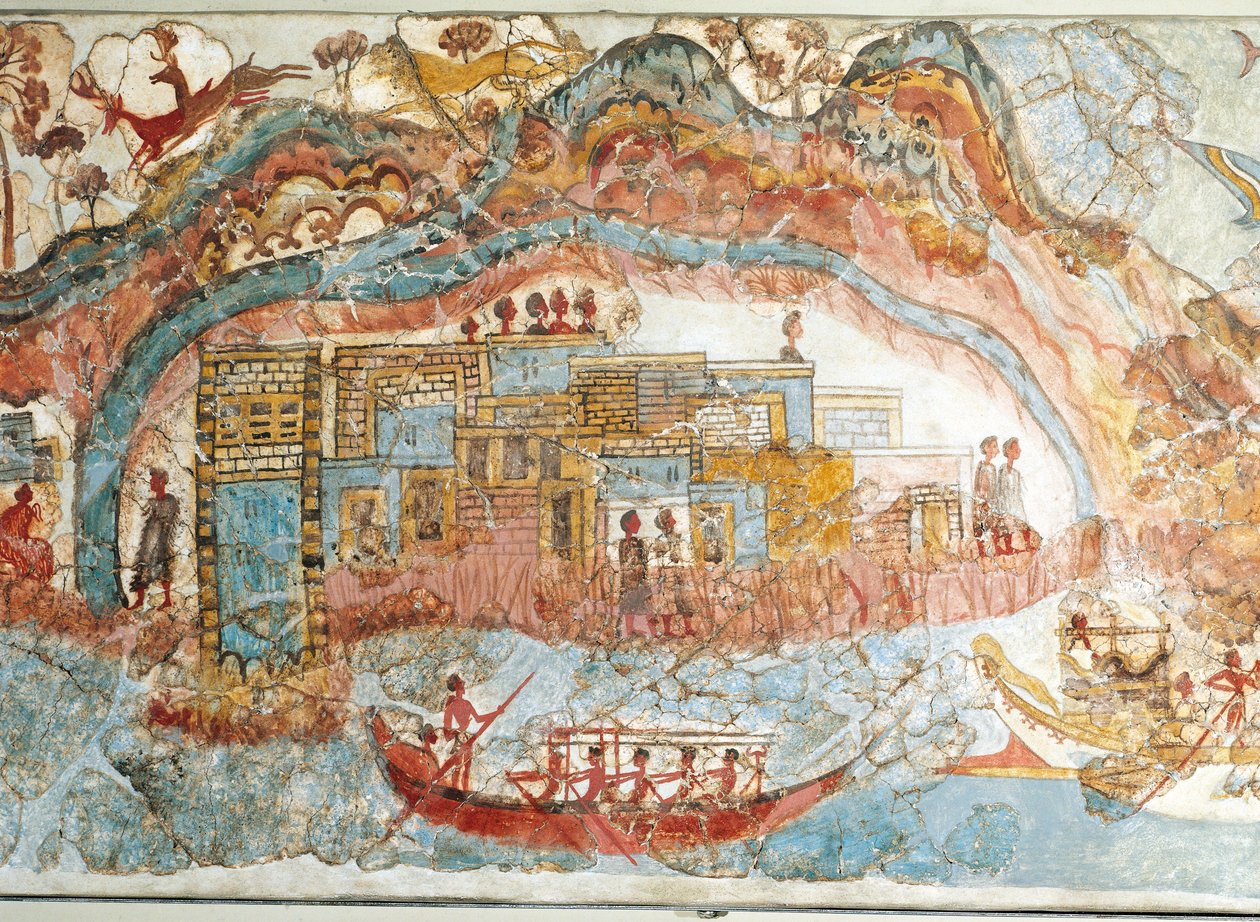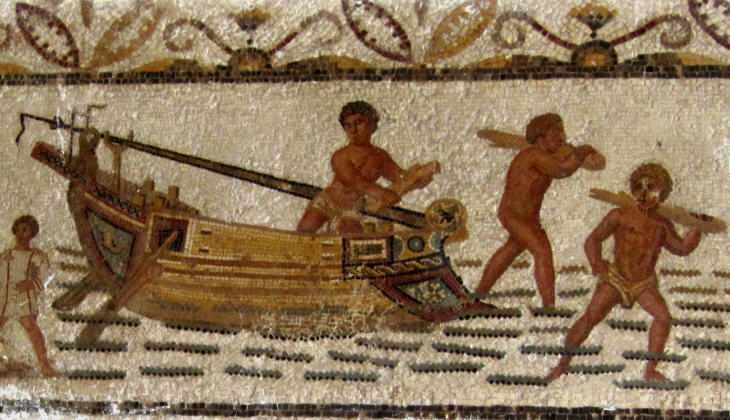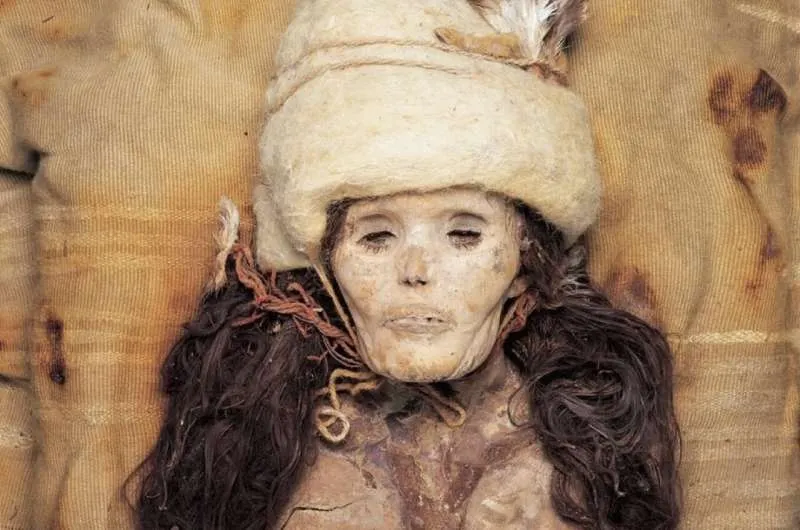“Travel in the Ancient Greek World: Journeys Through a Civilization”

Introduction: The Nature of Travel in Ancient Greece
Travel in the Ancient Greek world was a complex, multifaceted activity influenced by geography, politics, religion, commerce, and warfare. Unlike modern tourism, travel in classical Greece was often driven by practical necessities—such as trade, diplomacy, pilgrimage, colonization, and intellectual exchange. Despite technological limitations, the Greeks were surprisingly mobile, moving between city-states and across the Mediterranean, shaping one of the most dynamic civilizations of the ancient world.
Geography and the Necessity of Travel
The mountainous terrain of mainland Greece, combined with its long coastline and many islands, made overland travel difficult and sea travel essential. With hundreds of independent poleis (city-states) scattered across the Aegean, Ionian, and Mediterranean seas, movement by ship became the primary method of long-distance travel.
Greek sailors navigated using stars, coastlines, and oral knowledge, relying on favorable winds and weather. While sea journeys were often faster, they were also risky due to storms, piracy, and limited navigational instruments. Overland routes, though slower, connected inland cities via footpaths and rudimentary roads, sometimes supported by networks built later under Roman influence.

Reasons for Travel
- Trade and Commerce:
Greek merchants and traders journeyed to exchange goods like olive oil, wine, ceramics, and metals. Major ports such as Athens’ Piraeus, Corinth, and Delos buzzed with international activity. The exchange of goods also facilitated the spread of culture, language, and technology. - Religious Pilgrimage and Festivals:
Religion was deeply woven into Greek life. Pilgrimages to sacred sites such as Delphi, Delos, Dodona, and Eleusis were common. Festivals like the Olympic Games at Olympia and the Panathenaic Festival in Athens attracted visitors from across the Greek world, blending religious observance with competition and celebration. - Colonization and Settlement:
Faced with overpopulation and political unrest, many city-states sponsored colonies across the Mediterranean—particularly in Southern Italy (Magna Graecia), Asia Minor, and North Africa. These journeys led to the establishment of new cities like Syracuse and Massalia (modern Marseille), spreading Hellenic culture far beyond the Aegean. - War and Diplomacy:
Soldiers, generals, and diplomats frequently traveled during campaigns or missions. The Peloponnesian War, Persian Wars, and conquests of Alexander the Great involved massive troop movements and strategic deployments across vast distances. Envoys and messengers carried diplomatic information between cities. - Education and Intellectual Pursuits:
Philosophers, teachers, and students often moved between city-states in search of knowledge. Athens became a major hub for learning, attracting thinkers from across the Greek world. Notably, Plato, Aristotle, and Pythagoras all traveled extensively to learn and teach. - Entertainment and Athletics:
Poets, actors, musicians, and athletes traveled to perform and compete. Dramatic festivals, like those in Athens, and athletic contests were significant cultural events that encouraged intercity movement.
Travel Conditions and Challenges
- Transportation:
Travel was mainly by foot, horseback, or ship. There were no public transportation systems, and inns or rest houses were rare. Wealthier travelers might use carriages, but these were often impractical on rough Greek terrain. - Dangers:
Bandits, rough terrain, and treacherous weather made overland journeys dangerous. At sea, ships faced threats from storms and pirates, and the lack of accurate maps increased navigational risk. - Travelers’ Accommodations:
Hospitality played a crucial role. The concept of xenia—a formal institution of guest-friendship—was vital, and travelers relied on the goodwill of hosts. Religious sanctuaries and private homes offered rest to respectful visitors.
Travel Literature and Accounts
Though relatively rare, some accounts of travel have survived. Herodotus, often considered the “Father of History,” described his journeys through Egypt, Persia, and other lands, blending historical fact with storytelling. Homer’s epics, while mythologized, reflected themes of journey and exploration. Later, Pausanias’ Description of Greece offered a detailed guidebook to sacred and historical places.
Legacy of Ancient Greek Travel
Travel in the ancient Greek world enabled cultural cohesion despite political fragmentation. Ideas, art styles, religious practices, and scientific knowledge were exchanged and evolved through these interactions. Greek colonists spread Hellenism widely, while sacred and sporting events fostered a pan-Hellenic identity.
Even in times of war, travel persisted, demonstrating the resilience and connectivity of the Greek world. The ancient Greeks’ willingness to venture across land and sea helped forge a civilization that would influence Rome—and eventually the modern Western world.
Conclusion: Mobility in the Ancient Greek Mind
To the ancient Greeks, travel was not merely movement—it was an opportunity for discovery, honor, and connection. Whether seeking truth at the Oracle of Delphi, competing in the Olympic Games, or expanding the boundaries of their known world, the Greeks viewed travel as an essential part of both personal and civic life. Despite hardships, their journeys shaped not only their own history but the legacy of civilization itself.





